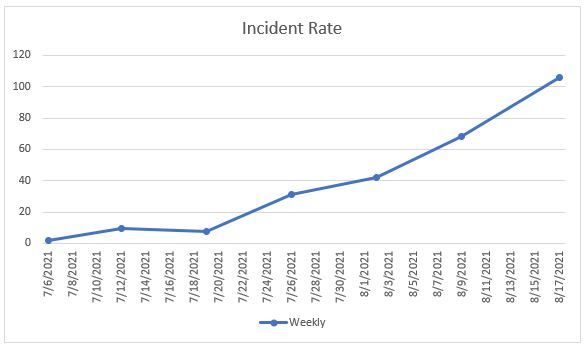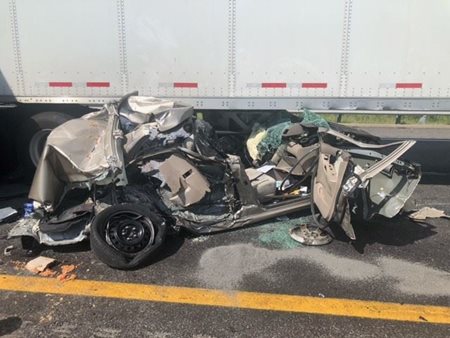Governor Steve Beshear today joined university officials, along with state and local leaders, to celebrate the groundbreaking of Murray State University’s Veterinary Diagnostic Laboratory in Christian County.
According to a press release, the Breathitt Veterinary Center, scheduled to open in 2016, will be a 53,000-square-foot facility on MSU’s Hopkinsville Regional Campus. A study, supported by the Kentucky Agricultural Development Fund, determined that the construction of a new facility would be more efficient and less costly than attempting to renovate the existing facility, which is also located on MSU’s campus in Hopkinsville. The $32 million facility will modernize the school's animal disease diagnostic laboratory. Functional laboratory space in the new facility will reportedly double, while keeping administrative and educational space the same.
“Upgrade of the diagnostic facilities for the Murray State Breathitt Veterinary Center has long been a top priority for Kentucky agriculture,” said Gov. Beshear. “As such, it has been a top priority of mine, not only for agriculture, but also the health and welfare of the general population. I am pleased the 2014 General Assembly saw fit to maintain funding from my proposed budget for this crucial need to Kentucky, the region and the nation.”
The BVC currently performs more than 200,000 laboratory tests per year. While meeting increased diagnostic demand, the increased space will also allow the facility to increase public services into areas like food and environmental safety, as well as water quality.
The new facility will also house a Biological Safety Level 3 laboratory suite for working with bacteria, parasites or viruses that are of high concern to animals and humans. This positions Kentucky as a key partner with public health agencies to provide surveillance and testing for high impact animal diseases, such as avian flu or foot-and-mouth disease, which can be detrimental to both human and animal populations.
Advertisement
MSU Breaks Ground on New Veterinary Center
Advertisement
Latest Western Kentucky
Western Kentucky
Feb. 16, 2023
Western Kentucky
Aug. 18, 2021
Western Kentucky
Aug. 14, 2021
Western Kentucky
May. 27, 2021
Western Kentucky
Apr. 27, 2021
ADVERTISEMENT
Most Read >
ADVERTISEMENT
Latest Western Kentucky
Western Kentucky
Feb. 16, 2023
Western Kentucky
Aug. 18, 2021
Western Kentucky
Aug. 14, 2021
Western Kentucky
May. 27, 2021
Western Kentucky
Apr. 27, 2021
Advertisement
ADVERTISEMENT





